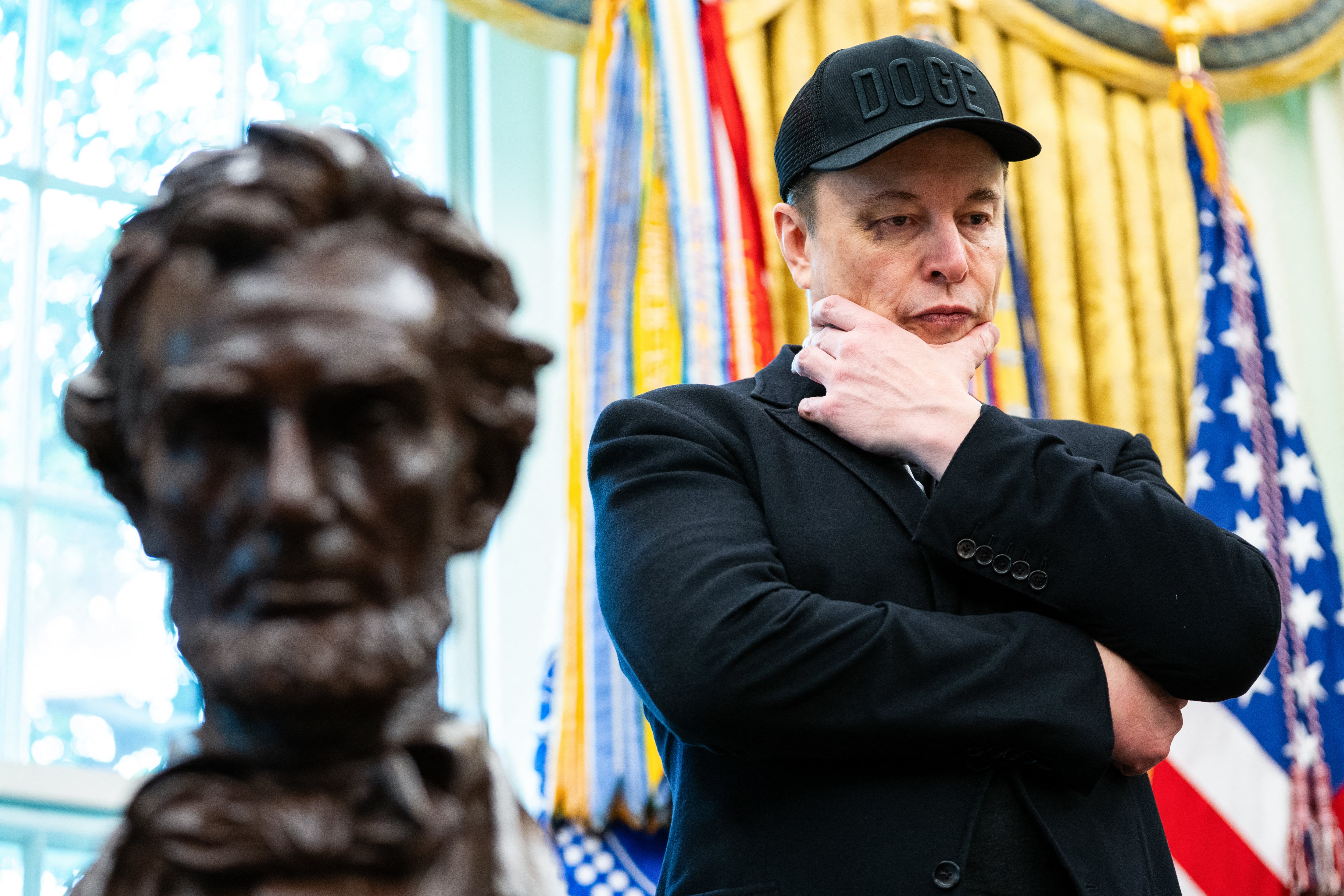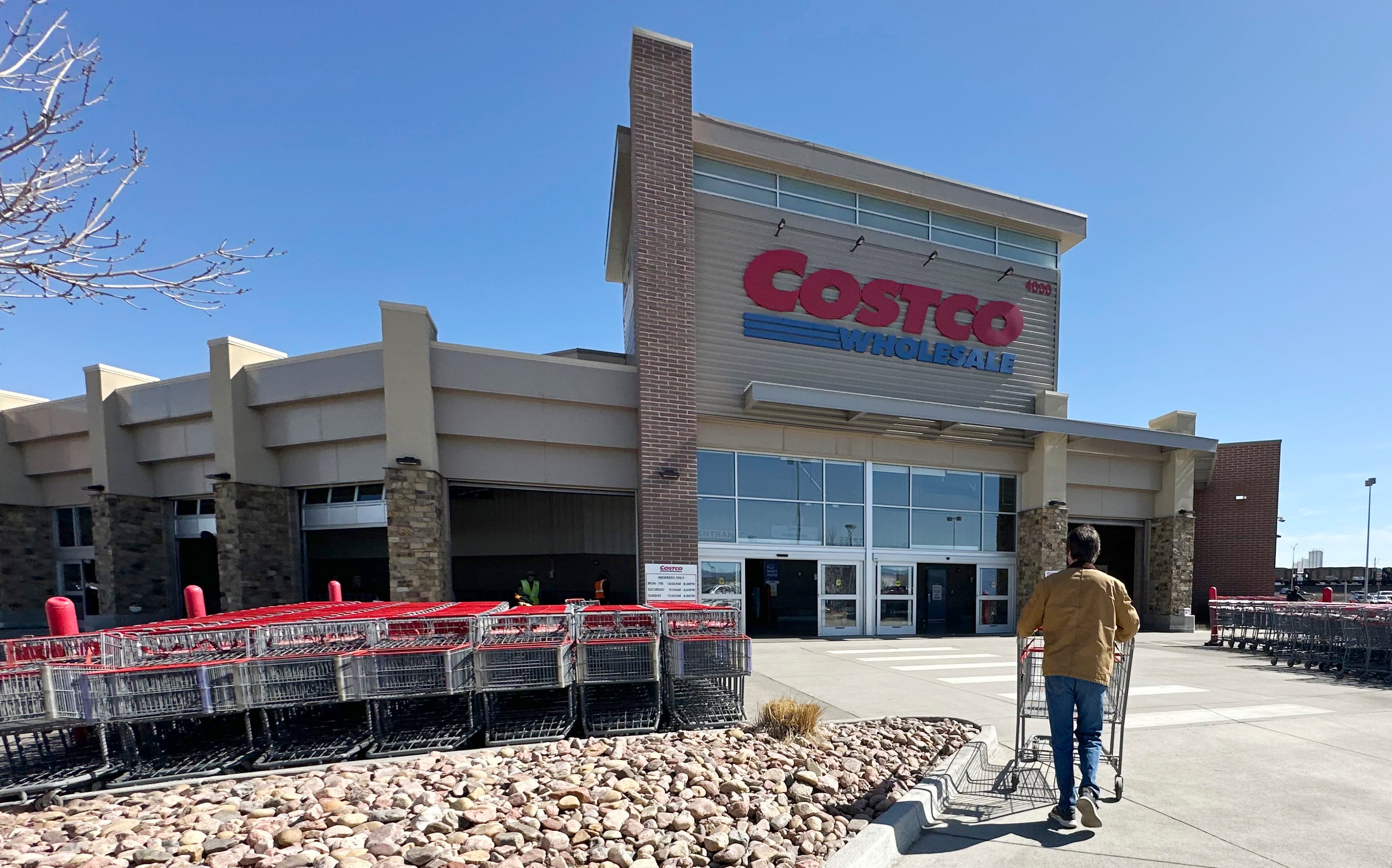Stew Leonard's, a regional supermarket chain with locations in New York, New Jersey, and Connecticut, is anticipating a very different kind of Thanksgiving this year.
Instead of holding large gatherings with a single heavyweight turkey, customers' families are splitting up for the holiday and buying smaller turkeys.
"We're definitely noticing a trend from a bigger Thanksgiving to a smaller one this year," Stew Leonard Jr., president and CEO of the company, told Cheddar.
That doesn't necessarily mean lower sales, however, as more families will be fending for themselves in the supermarket to pick up the essentials.
"There's going to be more Thanksgiving dinners than less," Leonard said. "Just as an example, my family had one big Thanksgiving last year with over 30 family members. This year all the families wanted to stay separate. So there's going to be four Thanksgiving dinners in the Leonard family and that prevails among the customers I've talked to at Stew's."
Just look at which turkeys are selling: sales of 25-pound birds are down 20 percent, while sales of 15-pounders are up 20 percent, according to Leonard.
In addition, package deals such as "Stew's Roasted Turkey Dinner for 4" are outselling a similar deal designed for eight people.
Leonard added that customers also want higher-quality products for their more intimate holiday gatherings.
"They want better food, restaurant-quality food. They want to cook a really nice meal when they're home," he said.
'A Little Buffer Stock'
With coronavirus cases rising across the country, turkeys won't be the only item flying off shelves this Thanksgiving. The heavy demand for toilet paper that marked the beginning of the coronavirus pandemic is back with a vengeance, but this time Stew Leonard's is prepared.
The chain is relying on a backstock of a lesser-known Mexican brand toilet paper to meet the spike in demand.
"We have trailer-loads of this in-house," he said, pointing to a package of Vogue toilet paper. "We will not run out of product at Stew Leonard's. There's no lines. There's no limits."
One piece of advice he does have for customers is to split up their holiday shopping into multiple trips, because it helps the stores manage social distancing.
He also recommends that customers keep some extra inventory of staples, such as canned and frozen foods, which have seen elevated sales throughout the pandemic.
"The best thing you can do, really, is just try to have a little buffer stock at your house," he said. "I've done it at my own house just for comfort level."












